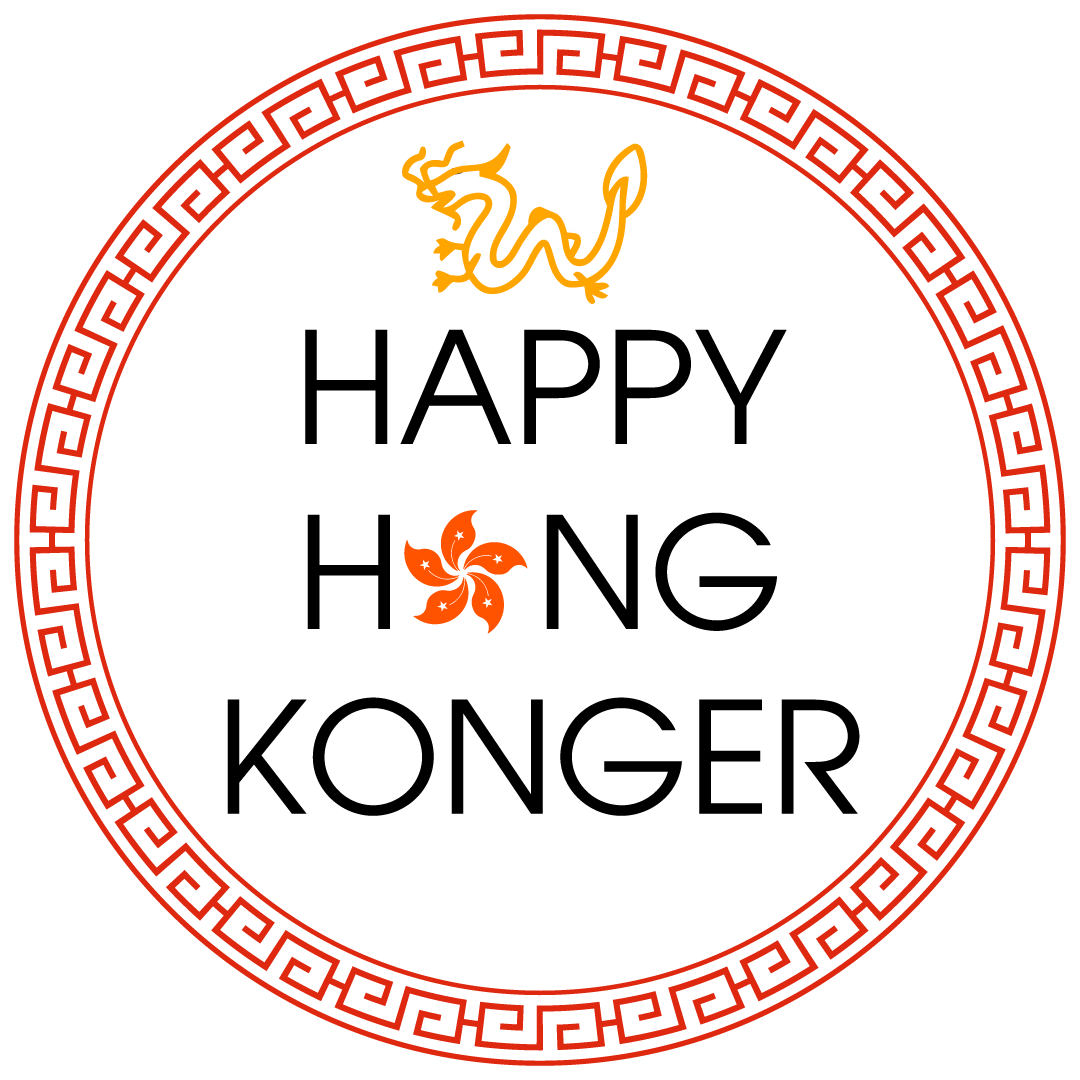

Hong Kong’s auditing standards play a crucial role in upholding the integrity and transparency of financial reporting, which is fundamental to the region’s robust business environment. The Hong Kong Standards on Auditing (HKSAs) provide a comprehensive framework that auditors must follow, ensuring financial statements are accurate, reliable, and reflective of true financial health.
This article explores the key principles and practices embedded within HKSAs, offering valuable insights into their application, particularly for small and medium-sized enterprises (SMEs). By understanding and complying with these standards, businesses in Hong Kong can enhance trust, safeguard their reputation, and ensure long-term financial credibility.
General Overview of Audit Standards in Hong Kong
Hong Kong’s auditing standards, set by the Hong Kong Institute of Certified Public Accountants (HKICPA), ensure that financial statements are prepared with accuracy and transparency. The Hong Kong Standards on Auditing (HKSAs) provide auditors with detailed guidelines for conducting thorough and unbiased reviews of financial records, which include the balance sheet, income statement, statement of changes in equity, and cash flow statement. Compliance with these standards is essential for building trust among investors and stakeholders, as it guarantees that financial statements adhere to accounting regulations and accurately reflect a company’s financial health.
The HKSAs align closely with the International Standards on Auditing (ISA), promoting global consistency in auditing practices. This alignment ensures that financial statements prepared in Hong Kong are easily comparable with those from other regions, thereby strengthening the international credibility of Hong Kong’s auditing profession. Additionally, this leads to the Hong Kong Standards on quality control, auditing, assurance, and related services, which underscore the HKICPA’s commitment to high-quality auditing practices. It mandates adherence to these standards for HKICPA members, highlighting their critical role in legal proceedings and the potential consequences of non-compliance.
The Accounting and Financial Reporting Council (AFRC), an independent regulator in Hong Kong, oversees the implementation and compliance of the HKSAs. Its duties include monitoring auditors, investigating breaches, and promoting high-quality financial reporting. The adoption of International Financial Reporting Standards (IFRS) in 2005, along with the option for companies to use Hong Kong Financial Reporting Standards (HKFRS), which are nearly identical to IFRS, further enhances the transparency and comparability of financial statements in Hong Kong on a global scale.
Core Principles and Best Practices in Auditing
The Hong Kong Standards on Auditing (HKSAs) are essential guidelines that ensure auditors deliver high-quality audits of financial statements. These standards emphasize the importance of auditor independence, professional skepticism, and thorough documentation, all of which contribute to the credibility of audit opinions. For instance, HKSA 200 sets out that auditors must express an opinion on whether financial statements present a true and fair view, remaining unbiased and vigilant in detecting any material misstatements or potential errors. This approach ensures that auditors do not merely accept management’s explanations at face value but critically verify the accuracy of financial information.
A critical component of the HKSAs is the establishment of clear terms of engagement (HKSA 210) and robust quality control measures (HKSA 220). The terms of engagement are documented in an engagement letter, which outlines the audit’s scope, objectives, and the responsibilities of both the auditor and the client, thereby minimizing misunderstandings. Meanwhile, quality control procedures are essential for maintaining consistent and high standards across all audit engagements, covering areas such as human resources, performance, and risk management. Additionally, audit documentation (HKSA 230) is vital as it provides transparency, supports the auditor’s conclusions, and facilitates reviews by regulators or other stakeholders.
The HKSAs also address specific areas such as fraud detection (HKSA 240), compliance with laws and regulations (HKSA 250), and the communication of key audit matters to those charged with governance (HKSA 260). Auditors are required to remain alert to the risk of fraud and assess the risk of non-compliance with applicable laws, including tax laws. They must communicate effectively with those responsible for governance, discussing any significant findings, internal control weaknesses, or limitations encountered during the audit.
Furthermore, standards like HKSA 570 (Going Concern) and HKSA 610 (Use of Work of Internal Auditors) ensure that auditors thoroughly evaluate the company’s ability to continue as a going concern and carefully consider the work of internal auditors while maintaining their independent judgment. Adherence to these standards is crucial for safeguarding the integrity of financial reporting and protecting the interests of investors and other stakeholders in Hong Kong’s financial markets.
Key Audit Considerations for Small and Medium Enterprises (SMEs)
Challenges of Limited Resources
Small and medium-sized enterprises (SMEs) in Hong Kong often operate with limited resources, making auditing a unique challenge. With smaller accounting teams or outsourced bookkeeping, SMEs may lack robust internal controls and adequate documentation, increasing the risk of errors in financial reporting. Auditors must adapt by thoroughly understanding the business operations of SMEs and customizing their audit procedures to identify and address potential risks effectively.
Balancing Cost-Effectiveness
Cost-effectiveness is a crucial factor for SMEs when considering audit services, as they typically operate on tight budgets. Auditors can address this concern by adopting a risk-based approach, focusing on high-risk areas that could lead to material misstatements. By efficiently allocating resources and maintaining clear communication with SME management, auditors can provide valuable services while keeping costs manageable.
Scalability and Compliance in Audits
As SMEs grow, their financial reporting requirements become more complex, necessitating scalable audit procedures. Auditors must remain agile, adjusting their methodologies to accommodate the evolving needs of expanding SMEs while ensuring compliance with Hong Kong’s regulatory framework. Staying informed about the latest accounting and auditing standards allows auditors to guide SMEs effectively, supporting their continued growth and regulatory adherence. To enhance audit efficiency and cost-effectiveness, SME owners can consider engaging auditing services from a professional secretarial company.
Premia TNC’s Industry-Leading Accounting and Auditing Services in Hong Kong
At Premia TNC, we offer flexible accounting services tailored to your business needs, including bookkeeping, management accounts, audit schedules, and financial year-end support. Through our affiliate, Korchina TNC CPA Limited, a registered CPA firm, we ensure high-quality, competitively priced audits that meet all Hong Kong legal and tax filing requirements, including the preparation of audited accounts and submission to the Inland Revenue Department. Contact us to streamline your accounting and auditing processes in Hong Kong with expert care.
FAQs
1. What are the Hong Kong Standards on Auditing (HKSAs)?
HKSAs are a set of guidelines established by the Hong Kong Institute of Certified Public Accountants (HKICPA) that ensure auditors conduct thorough, unbiased reviews of financial statements. They cover aspects like auditor independence, professional skepticism, and documentation to maintain transparency and accuracy in financial reporting.
2. How do HKSAs impact small and medium-sized enterprises (SMEs) in Hong Kong?
SMEs often face challenges like limited resources and smaller accounting teams, which can affect their financial reporting. HKSAs guide auditors to tailor their procedures to address these challenges effectively, ensuring cost-effective and scalable audit solutions while helping SMEs comply with regulatory requirements.


















